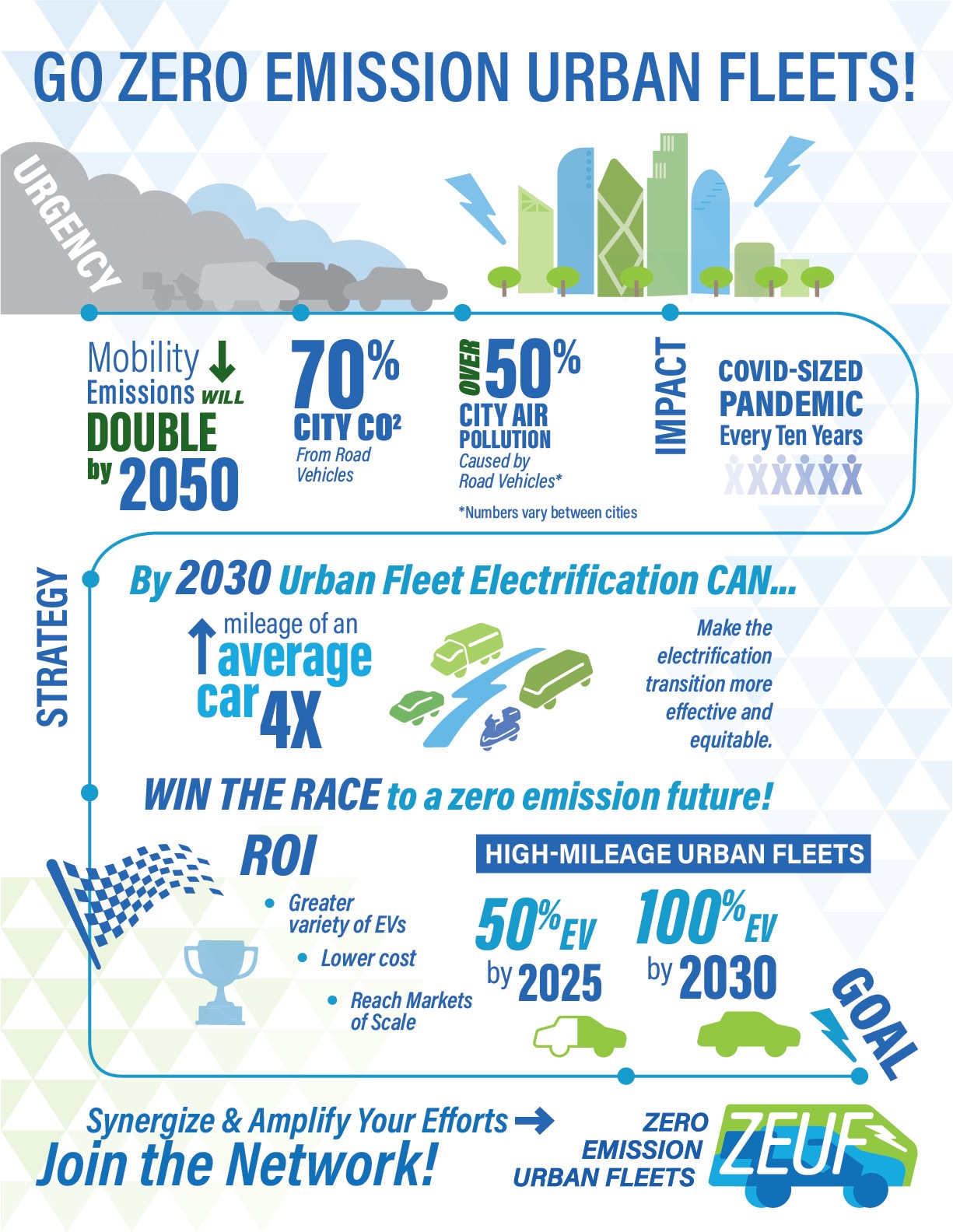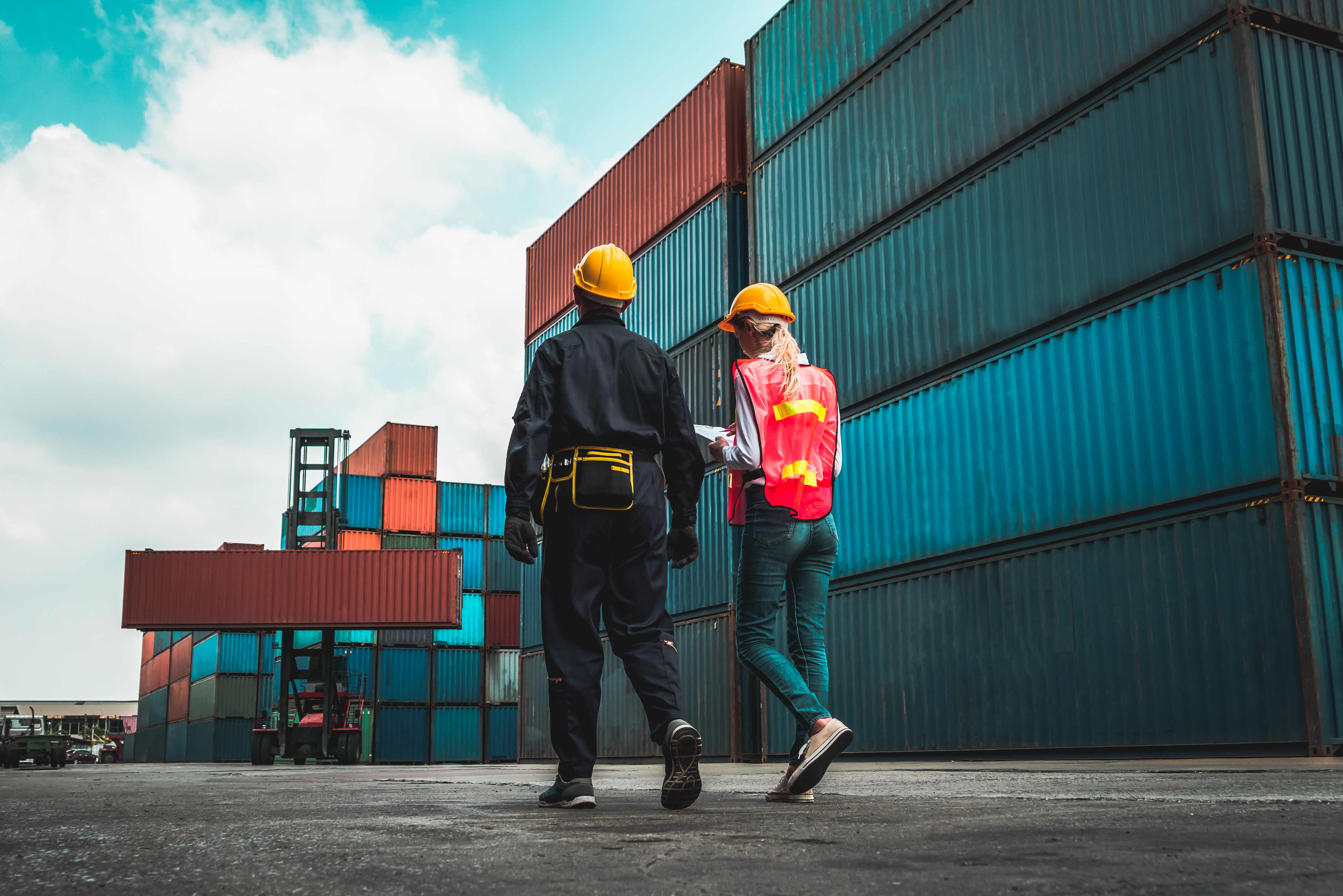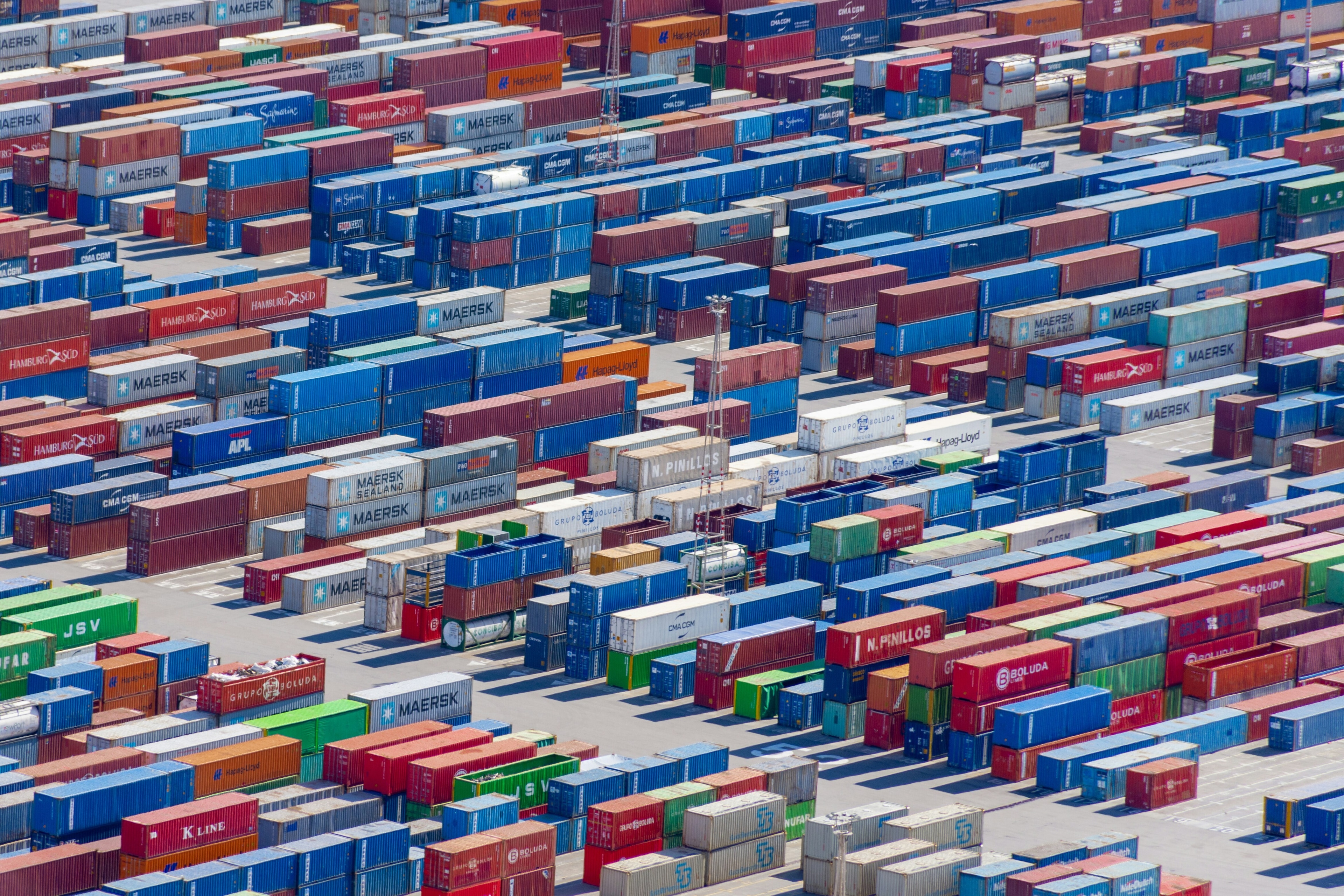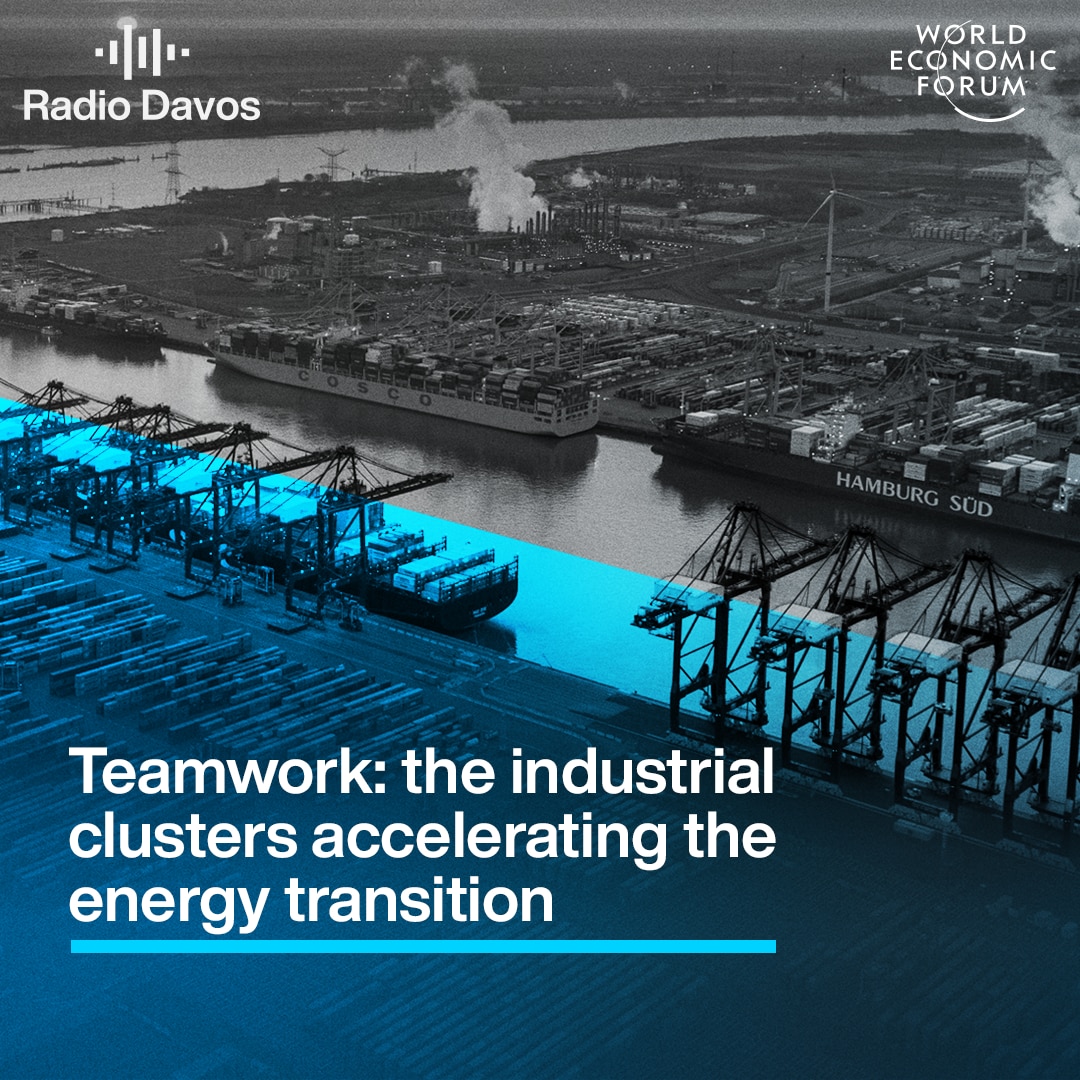From electric ferries to wind-powered boats: here’s how the shipping industry can decarbonize

International shippers are exploring decarbonization technologies including biofuels, renewable energy and hybrid systems.
Image: Unsplash/Venti Views
Stay up to date:
Sweden
Listen to the article
This article was first published in July 2022 and updated in August 2024.
- Shipping accounts for around 3% of global emissions, but the industry is exploring decarbonization technologies, including biofuels, renewable energy and hybrid systems.
- An electric ferry is being trialled in Stockholm, Sweden, which uses 80% less energy than a traditional boat.
- The World Economic Forum's First Movers Coalition is an initiative to help decarbonize “hard-to-abate” industrial sectors, including shipping.
A ferry described as the world’s first high-speed electric passenger vessel is being trialled in Sweden.
As shipping attempts to decarbonize, could this be an indicator of the industry’s future?
The birth of the electric ferry
In October, a new electric ferry called the Candela P-12 will start running a trial service from the Swedish capital, Stockholm, to the island suburb of Ekerö.
Swedish electric boat maker Candela, which has developed the ferry, says it uses 80% less energy than conventional ships and "cuts lifetime emissions by 97.5% compared to diesel vessels", according to Forbes.
With a top speed of 30 knots, the P-12 is "the world’s first high-speed and long-range electric shuttle ship”, Candela says, and is apparently faster for commuters than subway trains, buses and cars driving in rush hour.
The ferry flies above the water, reports France24, using three carbon fibre wings that extend out of the hull. This means there's less wake, allowing the vessel to go faster than a conventional ferry would be allowed to.
Candela plans to expand internationally if the trial in Sweden is a success. The sector has "a lot of potential, because most of the big cities around the world are built around water", Andrea Meschini, head of R&D testing for the Candela P-12 ferry, told AFP.
Indeed, the electric vessels market is expected to be worth $14.2 billion in 2030, according to Markets and Markets.

Are there benefits for wider shipping?
Electric boats that run on batteries are an option for short sea journeys in smaller vessels like passenger ferries. But longer routes with bigger boats – like those typically needed for cargo shipping – are not yet possible.
Electrification is "really not an option for deep-sea vessels, due to the size of batteries that would be required", says Johannah Christensen of the Global Maritime Forum.
But thankfully, it is not the only green option being explored.
How is the World Economic Forum helping to scale vehicle electrification?
Why does shipping need to cut emissions?
International shipping is one of the toughest – and biggest – sectors to decarbonize. Around 11 billion tonnes of goods are transported by ship each year, between at least 150 countries.
Shipping transports approximately 80% of world trade and accounts for around 3% of global emissions. The world can’t achieve carbon neutrality and tackle the climate crisis without removing these emissions, experts say.
Air pollution from shipping is thought to cause around 60,000 premature deaths a year, especially around coastal and port areas.
How is shipping decarbonization progressing?
In 2023, the International Maritime Organization pledged to reach net-zero emissions from shipping by, or around, 2050 and committed to ensuring zero and near-zero fuels are in use by 2030.
It's a goal backed by more than 200 maritime industry leaders through the Call to Action for Shipping Decarbonization, a partnership managed by between the Global Maritime Forum (GMF), and initially founded together with the World Economic Forum and Friends of Ocean Action.
The Forum is also a partner in the First Movers Coalition – an initiative to help decarbonize “hard-to-abate” industrial sectors, including shipping, aviation and trucking.

What decarbonization solutions are there for shipping?
The GMF's latest Mapping of Zero-Emission Pilots and Demonstration Projects features 340 registered projects, with ammonia and hydrogen technologies dominating.
The shipping industry is trialling alternative fuels, like biogas – a renewable fuel typically derived from organic waste – as well as ammonia, methanol and hydrogen.
For example, Danish ship owner and operator Maersk is launching eight large ocean-going container vessels that can be run on carbon-neutral methanol.
Wind, sun and other forms of renewable energy can be harnessed on ships to help propel them. Swedish shipbuilder Wallenius Marine and its partners are developing the “Oceanbird,” a ship powered by six wing sails.
Meanwhile, US company Cargill has successfully tested "Pyxis Ocean", the world's first wind-powered ship. Retrofitted with two large wind sails, the vessel has achieved fuel savings – and therefore emissions savings – of 11 tonnes per day, says Cargill.
In Norway, cruise company Hurtigruten is tackling the significant emissions of the cruise ship industry with its plans for a solar-powered, zero-emissions cruise ship.

In France, Brittany Ferries is launching its first hybrid ferry. The Saint-Malo has a 1,400-passenger capacity and is the first of two new hybrid ferries that will run between England and France from 2025.
The ferries can run on liquefied natural gas (LNG), battery power or a combination of the two. LNG is a fossil fuel, but is considered cleaner and safer than oil-based fuels.
Stena RoRo, the Swedish company building the ferries, says hybrid vessels are a stepping stone to future technology developments, including “green fuels, fuel cells, bigger batteries, and solar- or wind-supported propulsion”.
Accept our marketing cookies to access this content.
These cookies are currently disabled in your browser.
Don't miss any update on this topic
Create a free account and access your personalized content collection with our latest publications and analyses.
License and Republishing
World Economic Forum articles may be republished in accordance with the Creative Commons Attribution-NonCommercial-NoDerivatives 4.0 International Public License, and in accordance with our Terms of Use.
The views expressed in this article are those of the author alone and not the World Economic Forum.
Related topics:
Forum Stories newsletter
Bringing you weekly curated insights and analysis on the global issues that matter.
More on Supply Chains and TransportationSee all
Adegboyega Oyedijo and Temidayo Akenroye
November 10, 2025
Dominik Metzger
November 3, 2025
Ian Cronin, Suketu Gandhi, Mourad Tamoud and Kathy Wengel
October 22, 2025
Rory Jacobson
October 20, 2025





